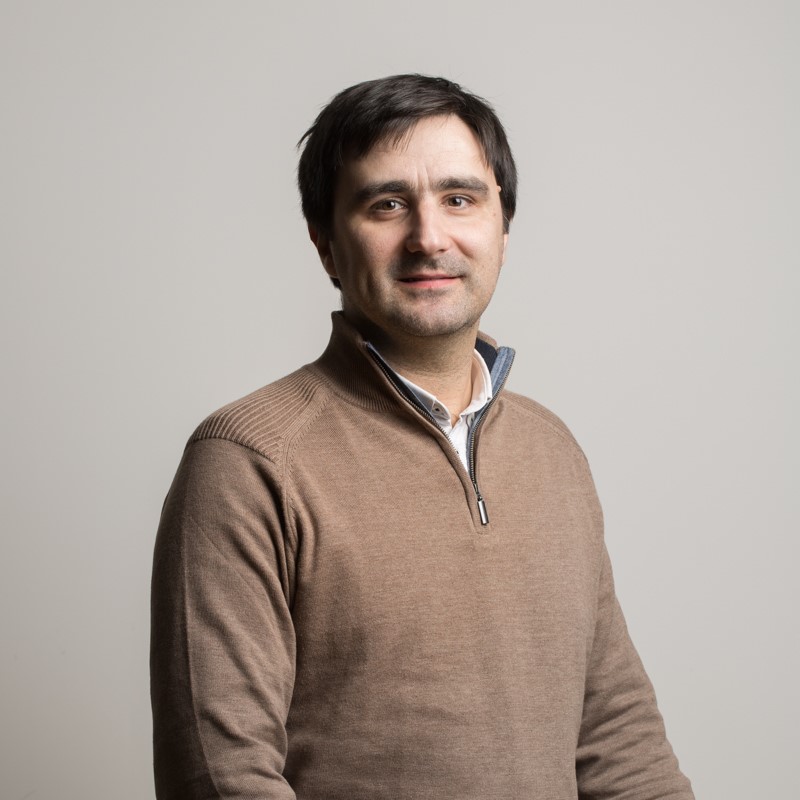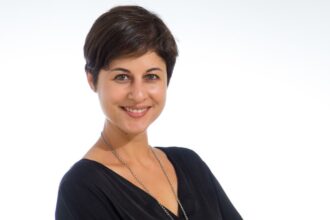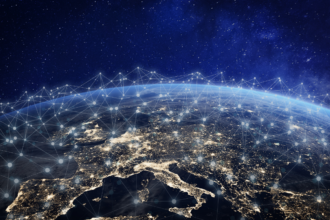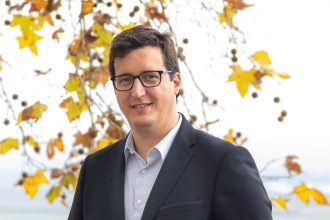Building a circular future!
The month of June, which has just come to an end, is known in Portugal for the festivals celebrating the three Popular Saints, with the most famous being St. Anthony is Lisbon and St. John in Porto, but many more can be found throughout the country. One of the symbols of this joyful season is the sardine, grilled in every corner of the old neighborhoods, being an essential fish in Portuguese tradition, namely in canned fish industry. Cod is, of course, also paradigmatic of the Portuguese cuisine, but many different fish species are consumed, making Portugal one of the main fish consumers per capita of the world. Are we doing it in a sustainable way? This question directs our attention to fishing quotas and aquaculture – and we have experts and policies addressing it – but we need to go deeper and ask: are we exploring sustainably this natural capital, considering the best available knowledge?
If we go back to the times described in the novel Moby Dick and the movie In the Heart of the Sea, or visit maritime museums in Ílhavo or the Azores about the subject, we can easily understand that hunting whales aimed much more than getting food and all the animal parts were useful! (I know: the whale is not a fish, but this helps making my point J )
Let’s go back to the question. It is estimated that about 50% to 75% of all the fish being captured will not go through to human consumption, from fisheries bycatch and discards to waste generated during fish processing (namely when producing fillets)! We cannot afford it and we owe the next generations a wiser use of natural resources. Actually, we owe ourselves, as this is a challenge today. Some things are evolving: what was once regarded as fish waste is now seen as fish by-products, with this biomass being explored for feed, but many more applications are being demonstrated by Science. 3B’s Research Group at University of Minho has been coordinating several collaborative projects in this valorization of marine biological resources and derived by-products, helping to build this knowledge in collaboration with several partners from Portugal, Spain, France, Ireland, UK, Norway, Iceland…
By-products are being transformed in co-products (i.e., not side-streams, but equally valued components, raw-materials in further processes) and valuable compounds and materials can be obtained from fish bones, scales, skins, viscera, etc. The initial handling of the several streams would require particular care and the design of new industrial processes, but the added-value from application of marine natural products in Health, Cosmetics, Food and Fine Chemistry, among others, will largely cover for it. The benefits are clear, supported in well-established research, but we need to pave the way. The concepts of Circular Economy and Biorefinery are lighting it and it is our choice to move on. Join me, join B2E, join many others in this endeavor and let’s build the future!
Tiago Henriques da Silva
Principal Investigator at the 3B’s Research Group, University of Minho





